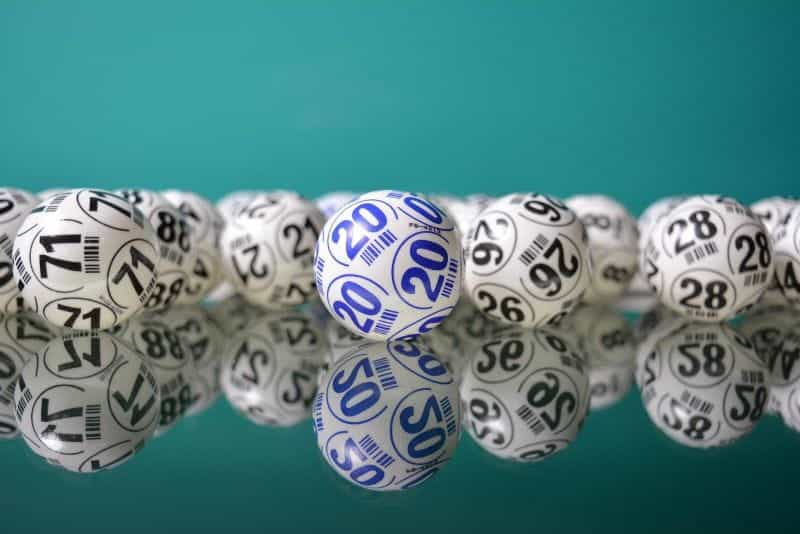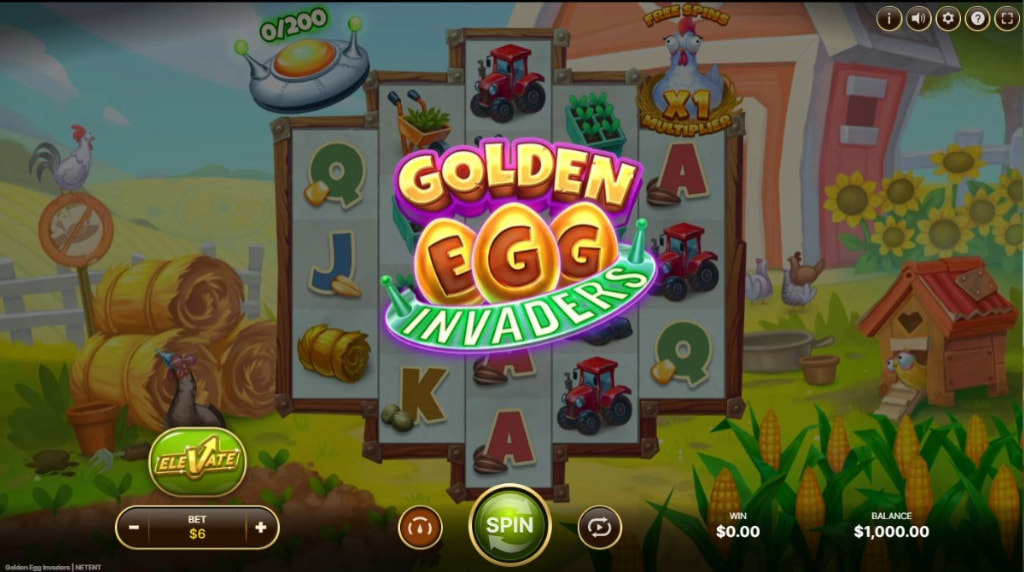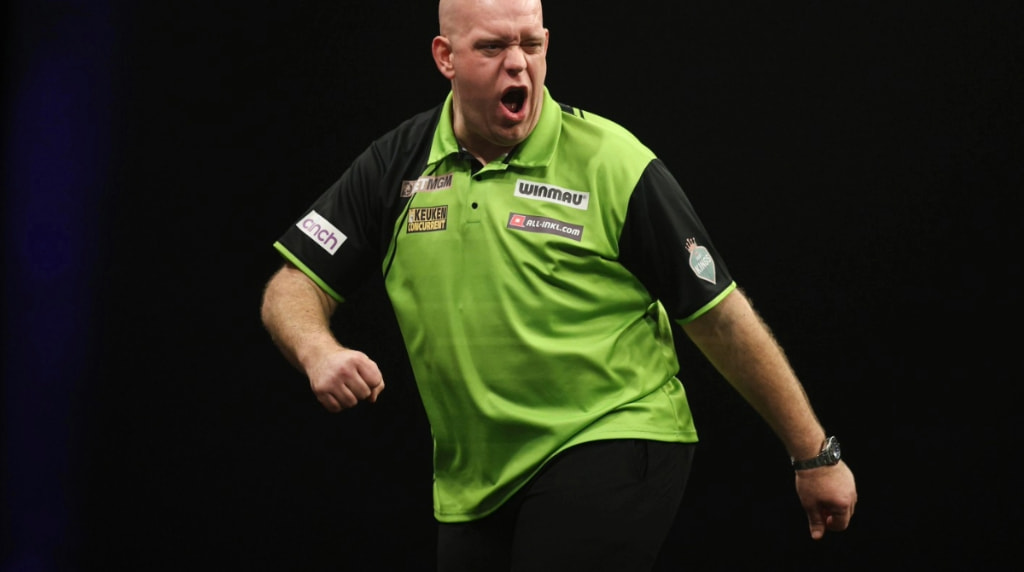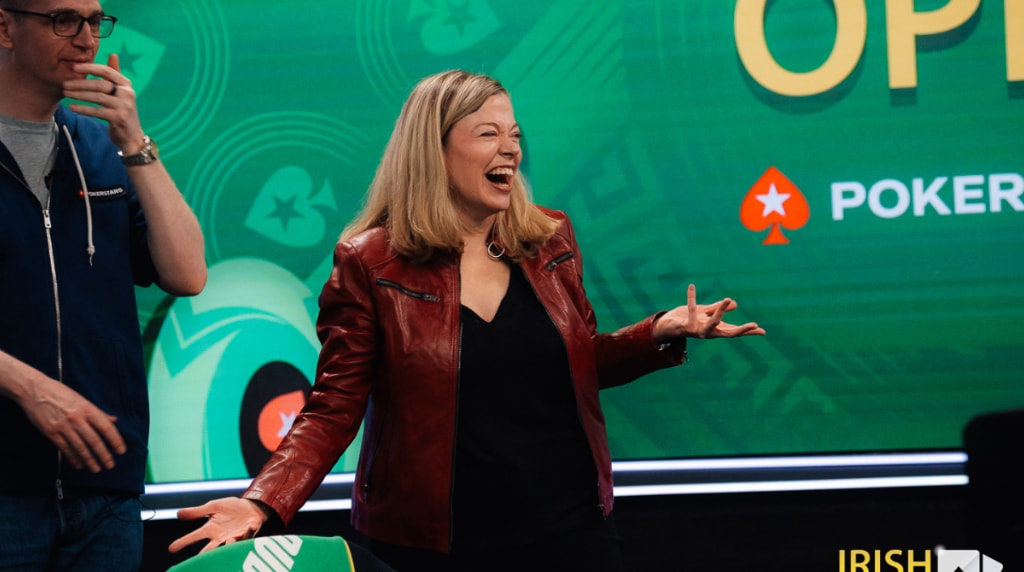UKGC Denies Telegraph Lottery Claims
The UK’s Gambling Commission has issued a statement in response to media speculation over the competition for the fourth National Lottery license. The Daily Telegraph last week published an article claiming that current license-holder Camelot is the favorite to win the operating license. The regulator, which is in charge of overseeing the competition, has dismissed the contents of that report as false.

The Telegraph claimed that the Gambling Commission had already recommended to the Prime Minister that Camelot be awarded the license. ©ChiniGaray/Pixabay
Preferred Bidder
The Gambling Commission has dismissed claims made by the Daily Telegraph that current National Lottery operator Camelot is the favorite to win the next license. Earlier this month, the tabloid published an article headed “Camelot hits the National Lottery jackpot – again”. In it, correspondent Oliver Gill claimed that the incumbent license-holder is on track to retain its license.
The report claimed that the Gambling Commission will recommend that Camelot be awarded the status of “preferred bidder”. The Telegraph claimed that the regulator has already recommended to Prime Minister Boris Johnson that Camelot be granted a new operating license.
It added that Camelot had already scored the highest on judges’ scorecards. The scorecard system has been devised to assess the merits of bids, while allowing the competition to be carried out in secrecy. Those competing are banned from lobbying or discussing their bids or the bids of their rivals.
The Telegraph says that the Gambling Commission’s scorecard has been handed to Culture Secretary Nadine Dorries and that a formal announcement will be made later this month, once the Gambling Commission has made its final decision. That timeline could be subject to change. The license competition was launched in August 2020, but has been fraught with delays due to the coronavirus pandemic.
While the winner may be announced soon, arguments over the competition could be set to continue. If previous competitions are anything to go by, losing bidders could challenge the decision in the High Court. Camelot was awarded its 2001 license after it took the Gambling Commission to the High Court. The Commission lost its case to award the franchise to Richard Branson’s People’s Lottery.
A Lucrative License
If Camelot is awarded the upcoming license, it will have successfully fought off the competition since the National Lottery was launched in 1994. It has been awarded all three licenses so far, and the fourth license would see it retain control of the lucrative lottery until at least 2034.
It would also be its first license won under foreign ownership, after it was controversially bought by the Ontario Teachers’ Pension Plan in March 2010. The Canadian pension fund paid £389 million for the operator. Critics, including The Health Lottery’s Richard Desmond, have argued that the National Lottery should be run under British ownership.
The National Lottery is amongst the most valuable public sector contracts in the UK. The upcoming license, which will commence in 2024, is expected to generate more than £80 billion in ticket sales. Profits are projected to reach around £400 million, based on the operator taking on average 0.5p to each pound.
In its response, the Gambling Commission dismissed many of the Telegraph’s claims, describing the article as “inaccurate”. A spokesperson for the Commission said that the regulator is focused on running the competition in a fair and open way, to ensure the best outcome for players and good causes. They went on to say:
“The Board of Commissioners make the final decision and will inform the Government when the final decision is made. We are still in the process of evaluation and today’s Daily Telegraph piece is simply based on false and inaccurate information. We have asked them to remove the article in its current form from the newspaper’s website.”
Despite the Commission’s request to remove the article, readers can still view the article on the Telegraph’s website. The report has been amended to include the Gambling Commission’s response at the end. However, the claims have already been repeated by a number of other media outlets.
Strong Competition
Camelot is facing strong competition for the license from a number of other prominent bidders. Bidders include Allwyn, Sisal and Northern & Shell. All contenders have invested millions in producing and campaigning for their bids.
Perhaps the least likely to be awarded the license is Northern & Shell, run by former pornographer Richard Desmond. Amongst his many business ventures is The Health Lottery, which has been operating since 2011. However, the media mogul is no stranger to controversy, and his latest legal battle is with Wikipedia.
Allwyn’s bid, on the other hand, is thought to be one of the strongest. The operator is controlled by Czech billionaire Karel Komárek, who is responsible for one of Europe’s biggest lottery operators, Sazka. Allwyn recently appointed former chief executive of Sainsbury’s, Justin King CBE, to chair its bid.
Sisal’s bid was recently endorsed by Flutter CEO Peter Jackson. He wrote a joint letter with Sisal CEO Francisco Durante to the Gambling Commission, emphasizing the success of the lottery in Sisal’s hands. The Italian lottery operator is in the process of being acquired by Flutter Entertainment.
Richard Branson is conspicuously absent from the competition, having been a top contender in all three previous license competitions. The business mogul withdrew his intention to bid in May 2020, opting to focus his efforts on seeing his existing business ventures through the pandemic.
At the time, Branson faced heavy criticism over his response to the pandemic. Branson asked 8,500 of his Virgin Atlantic staff to take eight weeks of unpaid leave, when he could afford to pay them. He went on to ask the UK government for a bailout to save his airline, offering up his private island as collateral.



